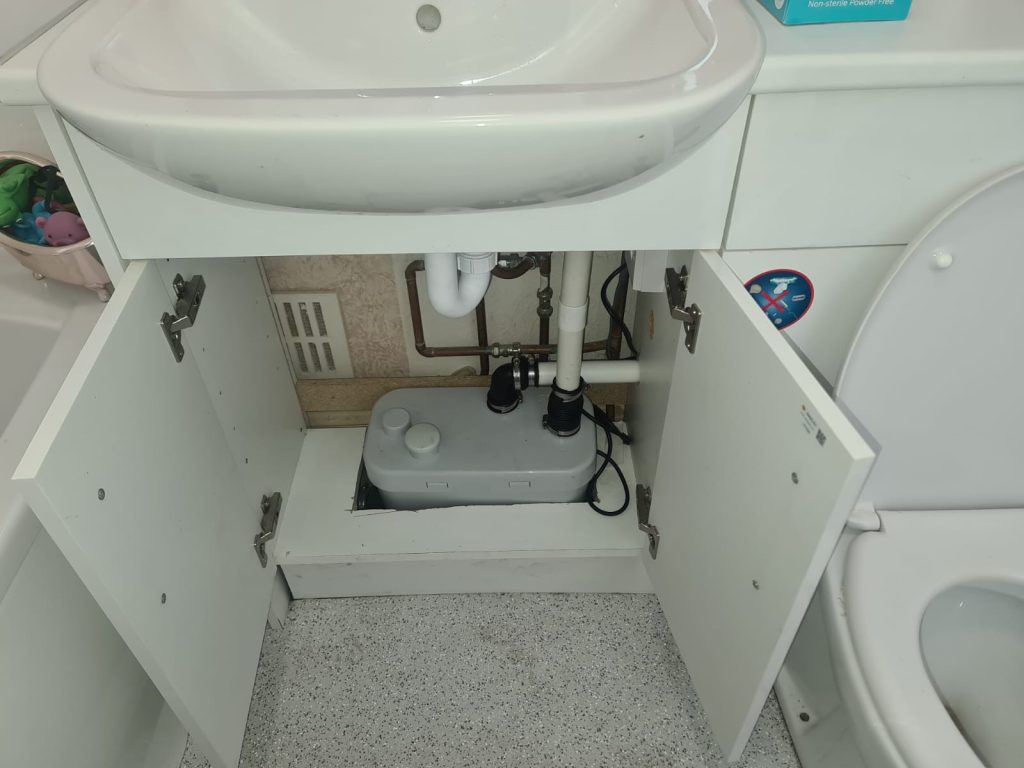Understanding Blocked Drain Causes: Preventing Plumbing Headaches
Blocked drains can be a real headache for homeowners. They disrupt daily life, create unpleasant odors, and often lead to costly plumbing repairs. In this comprehensive guide, we’ll delve into the common causes of blocked drain Bristol, providing you with insights on how to prevent them and keep your plumbing in top shape.
Common Culprits Behind Blocked Drains

1. Hair and Soap Scum Buildup
Over time, hair and soap scum can accumulate in your drains, forming stubborn clogs that impede water flow. These clogs often occur in bathroom sinks and showers.
2. Food Debris
Kitchen sinks are prone to blockages caused by food debris, particularly when grease and oil are washed down the drain. They solidify and trap other particles, causing obstructions.
3. Foreign Objects
Small objects like children’s toys, jewelry, or even cotton swabs can find their way into your drains, leading to blockages. It’s essential to keep an eye out for these potential troublemakers.
4. Tree Roots
Tree roots seeking moisture can infiltrate your underground pipes. As they grow, they create blockages and can even damage the pipes, resulting in leaks.
5. Toilet Paper and Hygiene Products
Flushing excessive toilet paper or feminine hygiene products can lead to toilet blockages. These items do not disintegrate as quickly as regular toilet paper, causing backups.
6. Grease and Fat
Pouring grease or fat down the kitchen sink might seem convenient, but as they cool, they solidify in your pipes, constricting the flow of water.
7. Collapsed or Damaged Pipes
Over time, pipes can deteriorate due to age, corrosion, or external factors. Collapsed or damaged pipes create blockages and require repair or replacement.
The Importance of Timely Action
Blocked drains should not be underestimated. Here’s why:
1. Prevent Water Damage
Blocked drains Bristol can cause water to back up and overflow into your home, resulting in significant water damage that’s expensive to repair.
2. Avoid Health Risks
Stagnant water in blocked drains becomes a breeding ground for harmful bacteria and can pose health risks to your family.
3. Protect Your Plumbing
Timely action can help extend the life of your plumbing system, saving you money in the long run by avoiding costly repairs or replacements.
Preventing Blocked Drains
1. Use Drain Guards
Install drain guards or strainers in your sinks and showers to catch hair, food debris, and foreign objects before they enter the drain.
2. Regular Maintenance
Schedule routine plumbing inspections and maintenance to catch and address potential blockages before they become severe.
3. Proper Disposal
Dispose of grease, fat, and oil in designated containers rather than pouring them down the drain.
4. Be Mindful of What You Flush
Stick to flushing only toilet paper, and educate your household members about what should and shouldn’t be flushed.
Blocked drains can be a significant inconvenience and financial burden. However, armed with knowledge about their causes and preventive measures, you can minimize the likelihood of encountering this plumbing issue. Remember that timely action and regular maintenance are key to ensuring that your drains flow smoothly.
FAQs
- How can I tell if my drain is blocked? Look for signs such as slow drainage, gurgling sounds, or unpleasant odors. If you notice any of these, it’s time to address the issue.
- Can I use chemical drain cleaners to clear a blockage? While chemical cleaners can work for minor blockages, they can be harsh on your pipes and the environment. It’s best to use them sparingly.
- Is it possible to prevent tree roots from invading my pipes? Regular tree root maintenance by a professional plumber can help prevent invasive roots and maintain the integrity of your pipes.
- What should I do if I suspect damaged pipes are causing the blockage? Contact a licensed plumber who can assess the situation and recommend repair or replacement as needed.
- How often should I schedule plumbing inspections? It’s advisable to have your plumbing inspected annually to catch potential issues before they become major problems.
With this knowledge in hand, you can take proactive steps to prevent blocked drains, ensuring a smooth and hassle-free plumbing experience in your home.